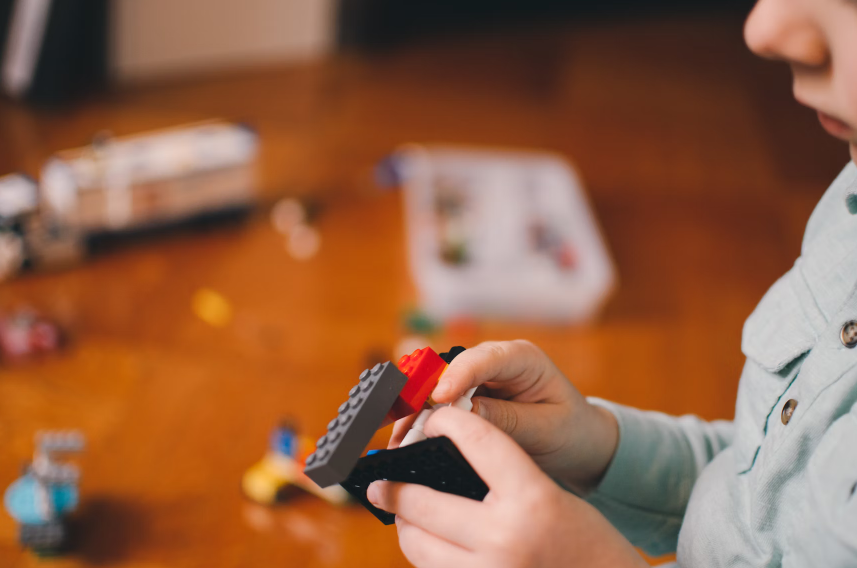
Therapy is often associated with adults, but its benefits for children are equally profound. In an increasingly complex world, children face a myriad of challenges that can affect their emotional and mental well-being. Understanding how therapy can assist in navigating these challenges is crucial for parents, educators, and caregivers.
Understanding the Basics of Child Therapy
What Is Child Therapy?
Child therapy, often referred to as pediatric therapy, involves specialized techniques to help children manage and overcome various emotional and mental health issues. Unlike adult therapy, child therapy incorporates play, art, and other engaging activities to create a safe space for children to express themselves.
Why Do Children Need Therapy?
Children may require therapy for numerous reasons, such as coping with the aftermath of trauma, dealing with behavioral issues, or managing anxiety and depression. Identifying these needs early can lead to better outcomes and overall well-being.
Choosing the Right Therapist
Selecting a child therapist involves considering their experience, approach, and how well they connect with the child. A good therapist can make a significant difference in the child’s progress and comfort level.
The Emotional Benefits of Therapy
Building Emotional Resilience
Therapy helps children develop emotional resilience by teaching them how to cope with stress and adversity. This resilience is essential for navigating life’s ups and downs.
Enhancing Self-Esteem
Through therapy, children learn to recognize their strengths and build confidence. Enhanced self-esteem can lead to better performance in school and healthier social interactions.
Managing Anxiety and Depression
Therapy provides children with tools to manage anxiety and depression effectively. These skills can prevent these conditions from escalating and improve the child’s overall quality of life.
Social Benefits of Therapy
Improving Communication Skills
Therapists like those at Relevant Connections PLLC can help children improve their communication skills, making it easier for them to express their thoughts and feelings. This improvement can lead to better relationships with peers and adults.
Fostering Healthy Relationships
Children learn about boundaries, empathy, and cooperation through therapy. These lessons foster healthier relationships and reduce the likelihood of conflicts.
Enhancing Social Skills
Therapy can help children develop essential social skills, such as taking turns, sharing, and understanding social cues. These skills are crucial for successful interactions in various settings.
Cognitive Benefits of Therapy
Boosting Problem-Solving Skills
Therapy encourages children to think critically and develop problem-solving skills. These skills are not only beneficial in academic settings but also in everyday life.
Enhancing Focus and Attention
Children with attention issues can benefit from therapy techniques that enhance focus and attention. Improved concentration can lead to better academic performance and fewer behavioral problems.
Encouraging Creative Thinking
Therapy often involves creative activities that stimulate the child’s imagination and creativity. This encouragement can lead to a more enriched and fulfilling life experience.
Behavioral Benefits of Therapy
Addressing Behavioral Issues
Therapy helps identify the root causes of behavioral issues and provides strategies to address them. This intervention can lead to significant improvements in behavior at home and school.
Promoting Positive Behavior
Through therapy, children learn to replace negative behaviors with positive ones. This promotion can lead to a more harmonious environment at home and in school.
Reducing Aggression
Therapy provides children with tools to manage anger and aggression effectively. These tools can reduce incidents of aggressive behavior and improve relationships with peers and family members.
The Role of Parents in Child Therapy
Supporting the Therapy Process
Parents play a crucial role in supporting their child’s therapy process. This support involves attending sessions, reinforcing strategies at home, and maintaining open communication with the therapist.
Understanding Their Child’s Needs
Therapy helps parents understand their child’s needs better. This understanding can lead to more effective parenting strategies and a stronger parent-child relationship.
Building a Supportive Environment
Creating a supportive home environment is essential for the success of therapy. Parents can help by providing stability, encouragement, and love.
Therapy offers numerous benefits for children, from emotional resilience to improved social skills, cognitive development, and better behavior. For parents, understanding these benefits and supporting the therapy process is crucial. By doing so, they can help children thrive in an increasingly complex world.


